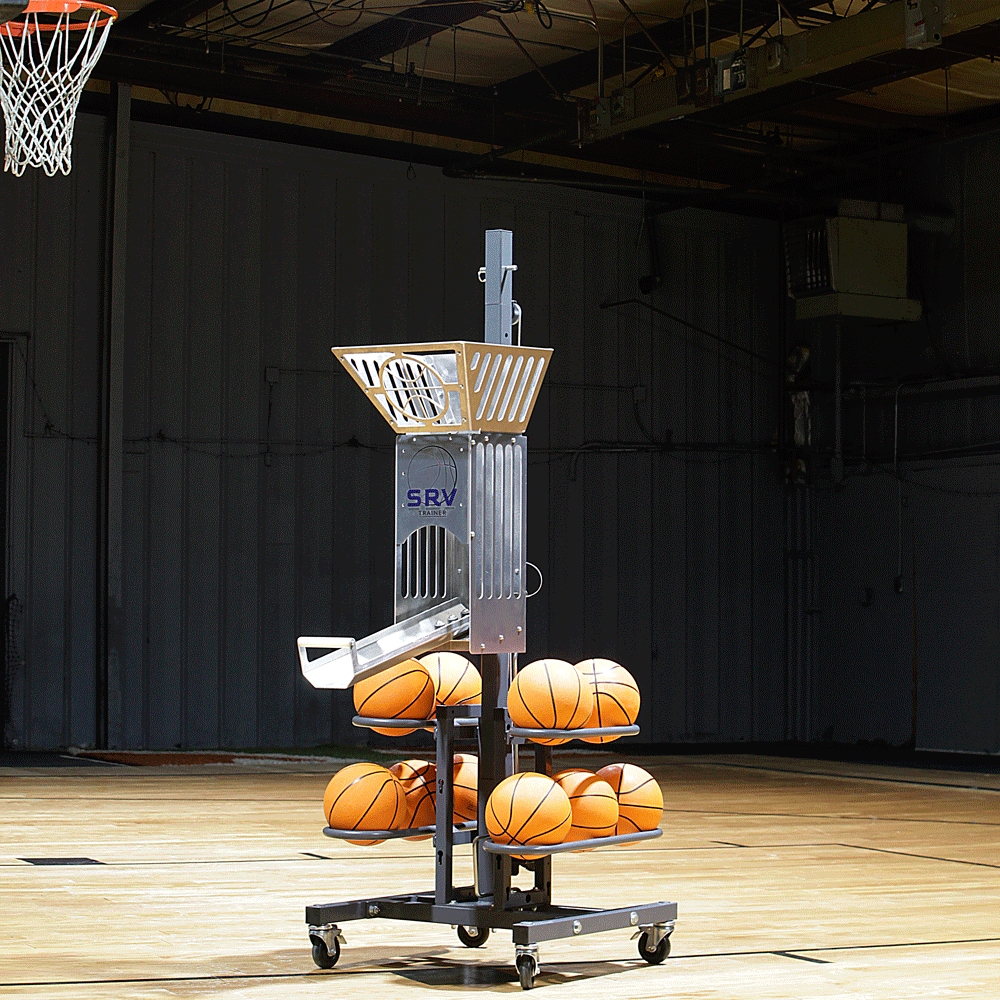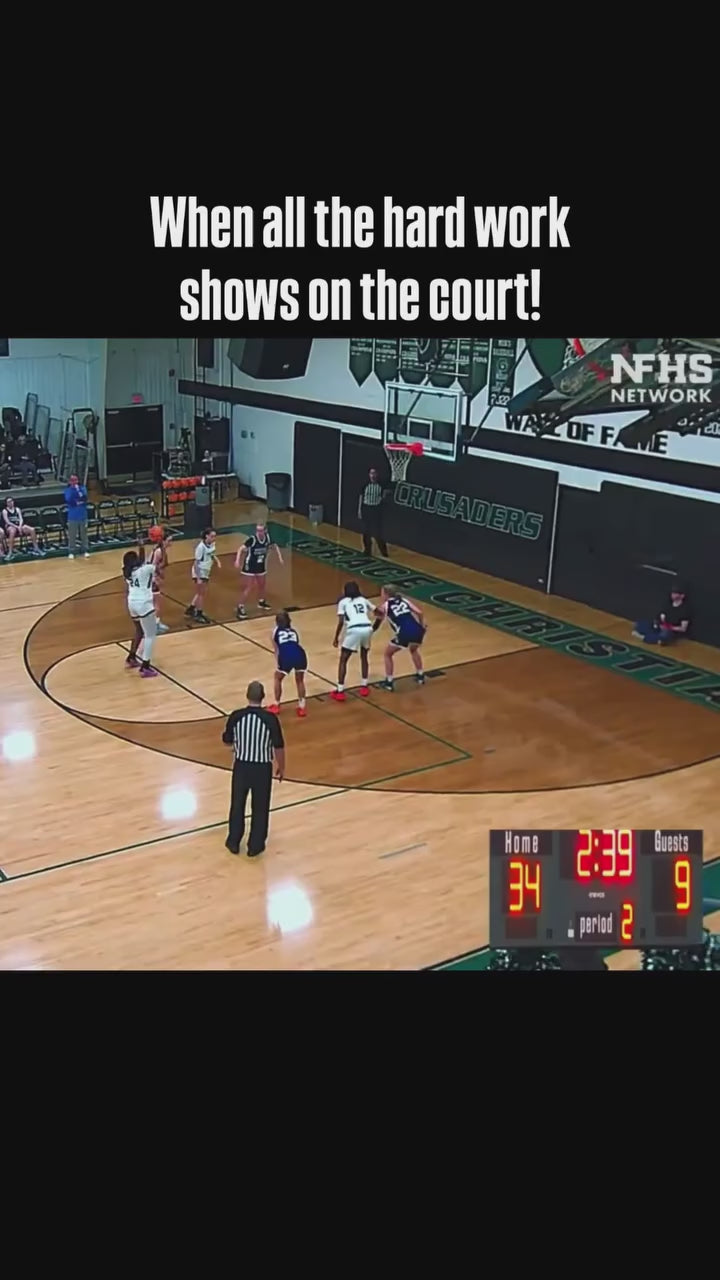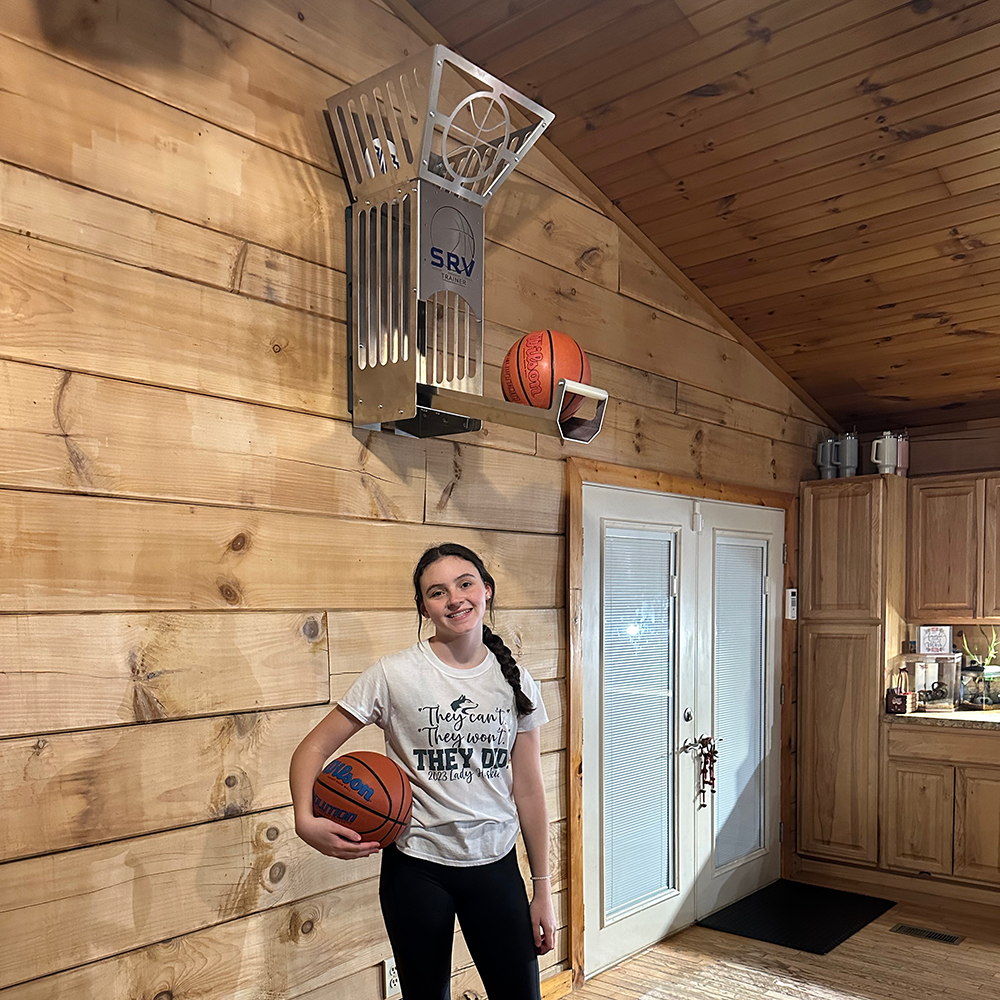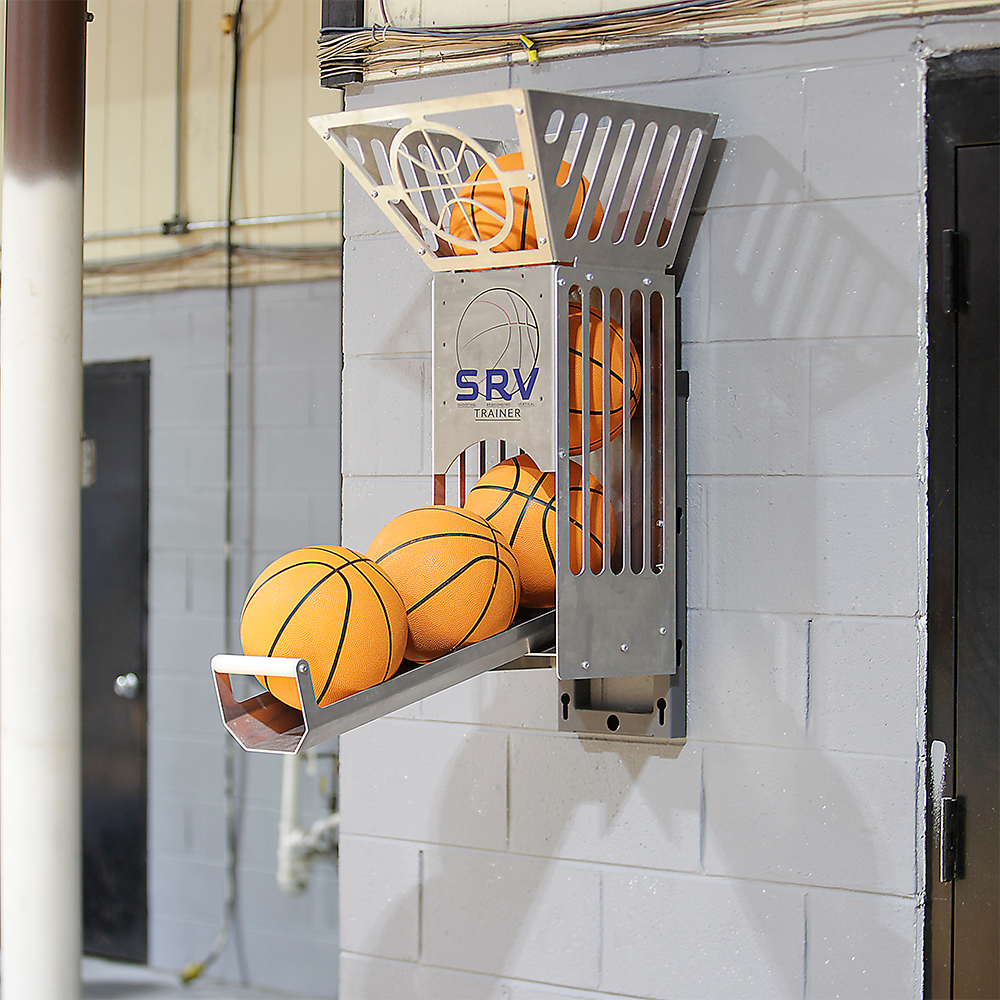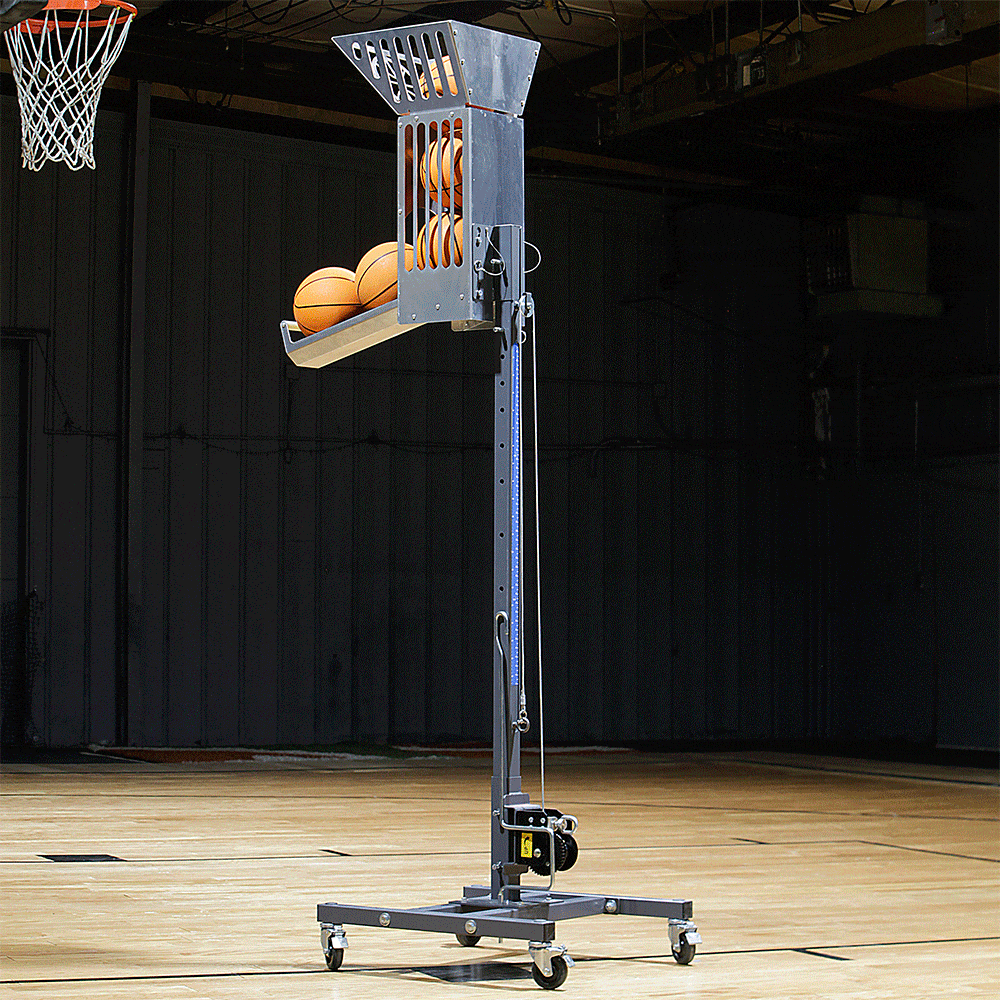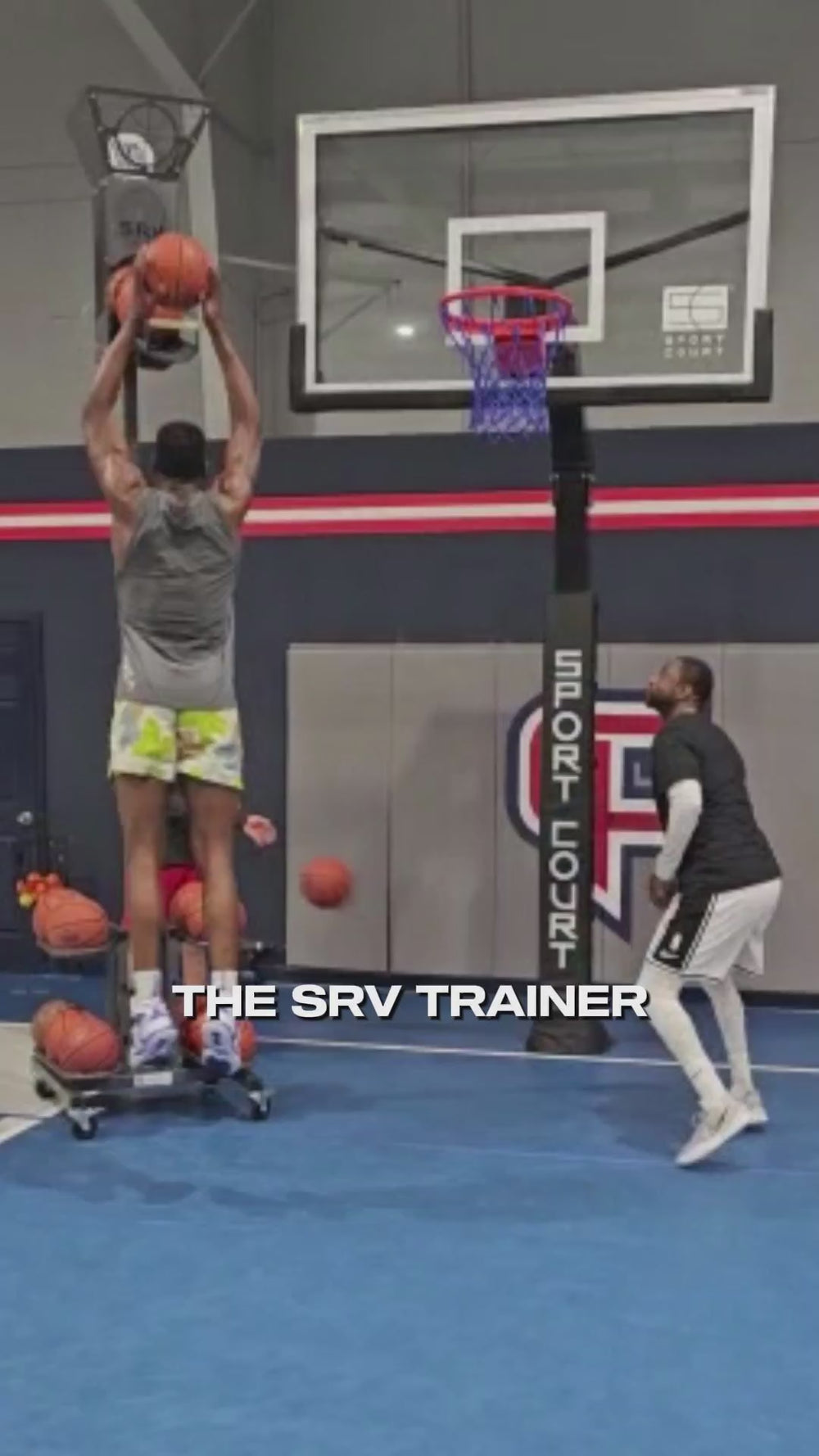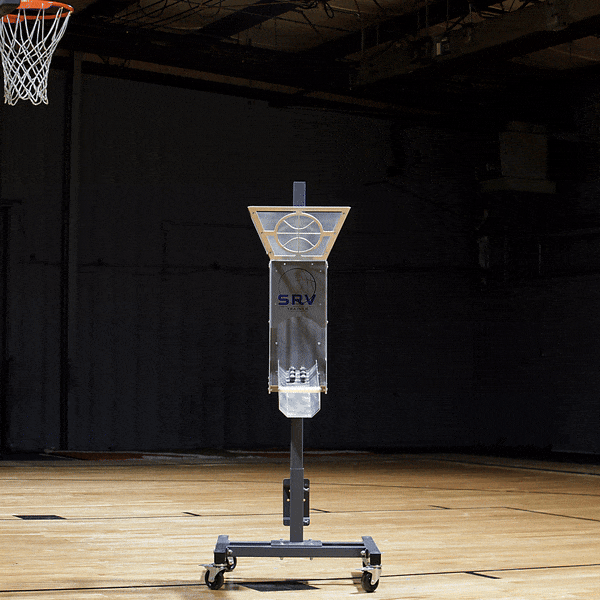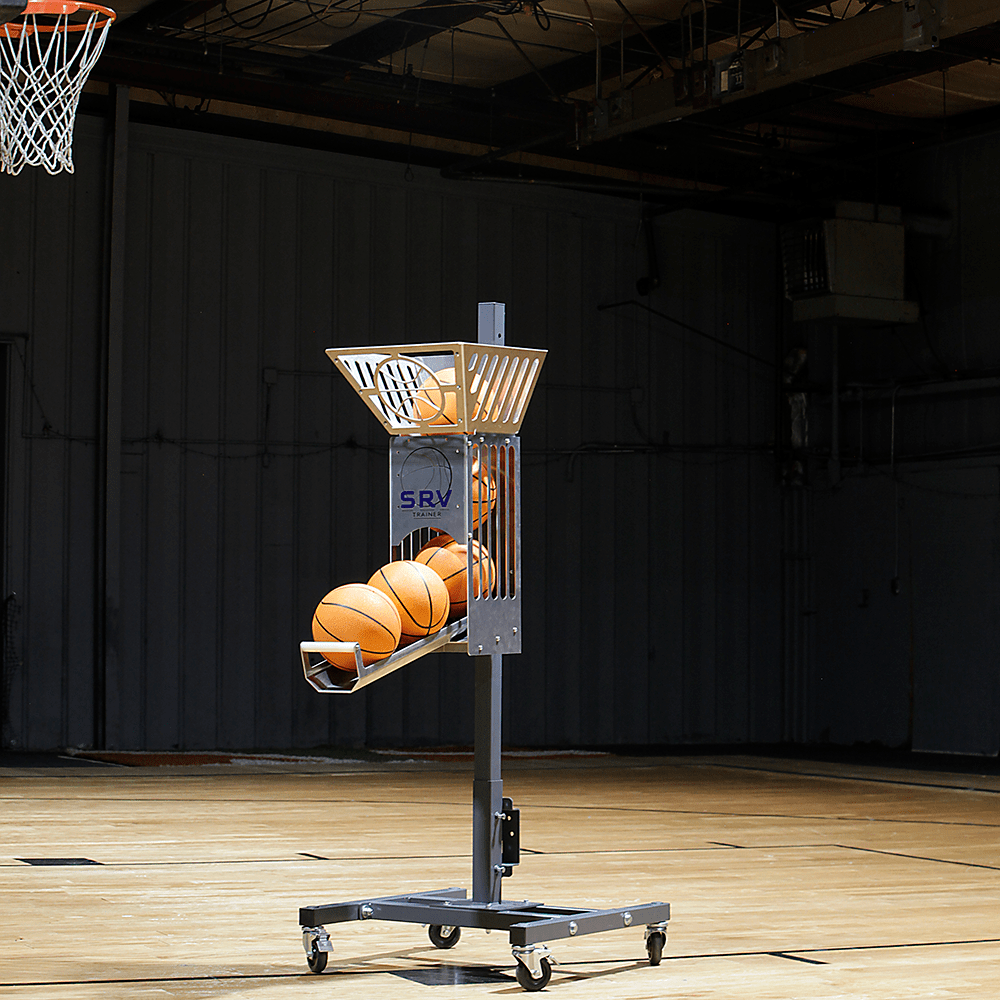Every kid who picks up a basketball has probably imagined hitting the game-winning shot, playing under the bright lights of a college arena, or even stepping onto an NBA or WNBA court. As a parent, it’s exciting—and sometimes overwhelming—to witness those big dreams begin to take shape. Supporting your child’s basketball aspirations is a unique opportunity to help them grow not just as athletes, but as confident, disciplined, and motivated individuals.
It's completely natural for young athletes to dream of going pro. These dreams fuel their dedication and passion, and even if only a small percentage reach that level, the lessons learned along the way are just as valuable. Whether your child plays in high school, college, or simply for the love of the game, the journey can be a powerful one with the right support behind them.
That’s where your role comes in. Parents play a vital part—not just by driving to practices or buying the latest gear—but by providing consistent, balanced support. It’s about encouraging without pressuring, guiding without controlling, and celebrating growth instead of just results. When done right, your influence can help your child stay motivated and confident throughout the ups and downs of competition.
Tools like the SRV Trainer make it easier for families to engage in this journey the right way. As a modern, science-backed rebounding and reaction training system, it helps athletes train smarter while offering parents a constructive way to be part of their development. It’s not just about getting better—it’s about doing it together, with purpose and positivity.
The Reality of Chasing Basketball Dreams
Chasing a basketball dream is thrilling, but it’s also incredibly competitive. From youth leagues to high school varsity, the talent pool gets deeper with each level. By the time athletes start thinking seriously about college basketball, the odds become much steeper. According to the NCAA, only about 3% of high school boys basketball players go on to play at the collegiate level—and only about 1% of those ever make it to the pros. The numbers are similar for girls, with less than 4% playing in college and an even smaller percentage turning professional.
These statistics aren’t meant to discourage young players or their families. Instead, they provide perspective. Reaching the highest levels of basketball requires elite skill, relentless work ethic, and often a bit of luck. But even if your child never steps onto a D1 court or signs a pro contract, their basketball journey is far from wasted.
In fact, the journey itself is where the real value lies. Training for basketball teaches discipline—the kind that gets kids out of bed for early practices and pushes them to finish strong when they’re tired. It builds resilience, helping them bounce back from missed shots, lost games, or tough coaching. And it fosters teamwork, communication, and leadership—skills that benefit them long after their playing days are over. By understanding and embracing the reality of the journey, parents can help their kids focus not just on where basketball might take them, but on who they’re becoming because of it.
The Parent’s Role in the Basketball Journey
As your child progresses in their basketball journey, your role as a parent will constantly evolve. You’ll likely find yourself wearing several hats—sometimes all in the same week. Understanding each of these roles and when to step into them (or step back) can make a big difference in your child’s experience, confidence, and long-term relationship with the sport.
At times, you may step in as a coach, especially in the early years or during backyard training sessions. This can be a great way to bond and encourage skill development—but it’s important to know your limits. Motivating your child with positive reinforcement is helpful, but overanalyzing their form or critiquing their performance after every game can lead to burnout. Let the actual coaches handle the technical growth while you focus on keeping practice fun and positive at home.
As a manager, you’re the one behind the scenes making everything run smoothly. Whether it’s getting your child to practice on time, remembering game schedules, or making sure their gear is clean and ready, your support keeps their basketball life on track. Though it may feel routine, your consistency helps them stay focused and less stressed.
Of course, you’re also their biggest fan—cheering in the stands, celebrating small victories, and reminding them how proud you are of their effort regardless of the scoreboard. Your energy and encouragement play a major role in building their confidence, especially after tough games.
Finally, as a mentor, you’re there to help guide them through decisions both on and off the court. From choosing the right teams or training tools, to staying focused on schoolwork and mental health, your perspective matters. You can help them define what success looks like beyond points and wins.
The key is recognizing when to shift gears. Sometimes your child needs a cheerleader, not a critic. Other times, they may need space to take ownership of their journey. Learning to read those moments and adjust your involvement accordingly is what makes your support truly powerful.
Supporting Without Pressuring
One of the most common challenges for sports parents is walking the fine line between support and pressure. It’s natural to want your child to succeed—especially if you’ve played the game yourself or have always dreamed of seeing them shine on a bigger stage. But when that desire turns into living vicariously through them, it can unintentionally add stress and take the joy out of the game.
Unhealthy pressure often shows up subtly: constant post-game critiques, comparing your child to other players, or focusing too heavily on stats and wins. When kids feel like their performance determines your mood or approval, it creates anxiety and fear of failure. On the other hand, healthy encouragement builds your child up regardless of the scoreboard. It sounds like: “I loved watching you play today” or “You’ve improved so much this season” instead of “You missed too many shots” or “You need to be better than that other guard.”
The best way to support your child is by creating an environment where effort is praised over outcome. This helps build intrinsic motivation, so they learn to push themselves without needing external validation. Celebrate their commitment, hustle, and sportsmanship more than the points they scored.
Words matter. Small shifts in language can make a huge impact. Try saying, “I’m proud of how hard you worked out there” instead of “You should’ve scored more.” Or “It’s okay to make mistakes—that’s how you grow,” instead of “You let your team down.” By choosing uplifting, growth-focused language, you give your child the confidence and freedom to love the game and grow on their own terms.
Helping Kids Handle Failure and Frustration
Failure and frustration are inevitable parts of any athlete’s journey. Whether your child doesn’t make the team, gets benched during a big game, or has a rough performance, these moments can feel devastating—especially for a young player who’s poured their heart into the game. As a parent, how you respond to these setbacks can shape how they bounce back and grow from the experience.
The first step is to normalize failure as a natural part of development. Even the best players in the world miss shots, lose games, and make mistakes. Let your child know that failure isn’t something to fear—it’s a signal for growth. This mindset, often referred to as “failing forward,” teaches them to view challenges not as dead ends, but as opportunities to learn and improve.
You can help your child build resilience by giving them the tools to reflect and move forward. After a tough game, instead of focusing on what went wrong, ask open-ended questions like, “What did you learn from today?” or “What would you like to work on this week?” Help them reset their goals in a realistic and encouraging way, so they stay motivated. This shift in focus—from outcome to improvement—keeps them grounded and future-focused.
Remind them that one moment, game, or season does not define them as an athlete or a person. With your support and steady presence, they’ll learn how to handle disappointment with grace—and come back stronger each time.
Celebrating the Process, Not Just the Wins
In youth sports—especially competitive ones like basketball—it’s easy to get caught up in wins, rankings, and stat sheets. But if your child’s self-worth hinges only on scoreboard success, they can quickly lose sight of what really matters. As a parent, one of the most powerful things you can do is help them celebrate the process—the day-in, day-out effort that leads to long-term growth and character development.
Progress often happens quietly: improved footwork, quicker reaction time, better teamwork, more confidence in decision-making. These small victories deserve recognition just as much as a buzzer-beating shot. By placing value on how your child plays rather than just the outcome, you help reinforce a mindset focused on effort, discipline, and learning.
Creating rituals around improvement can help make this mindset a habit. Try weekly check-ins where you talk about what they’re proud of and what they want to work on next. Track skill gains like free throw percentages or reaction time using training tools like the SRV Trainer. These routines show your child that progress is measurable—and meaningful—even when the scoreboard doesn’t reflect it.
And don’t underestimate the importance of celebrating effort-based wins. A player who dives for loose balls, leads warmups, or encourages teammates is showing qualities of hustle and leadership that will serve them on and off the court. Recognizing these moments sends a clear message: success isn’t just about points—it’s about who you’re becoming in the process.
How the SRV Trainer Helps Parents Get Involved the Right Way
The SRV Trainer is a cutting-edge basketball training tool that helps athletes improve their reaction time, decision-making, and ball-handling—all through motion-based, multitask drills. Designed with both performance and practicality in mind, it simulates real-game scenarios to sharpen players’ mental and physical responses. Unlike traditional rebounding equipment, the SRV Trainer uses visual and motion cues to keep athletes engaged and constantly thinking, making it a powerful addition to any player’s training routine.
One of the greatest advantages of the SRV Trainer is that it empowers players to train smarter, not just harder. Rather than repeating the same drills over and over, athletes can challenge themselves with dynamic, game-relevant exercises that boost their agility, coordination, and court awareness. The tool encourages self-driven improvement, which means your child can build confidence and skill without burning out or becoming overly dependent on outside coaching.
For parents, the SRV Trainer offers a perfect way to stay involved without hovering or falling into the trap of over-coaching. You can support your child by helping them set up their training space, timing their drills, or even just being a source of encouragement as they track their progress. It becomes a collaborative experience—one where you’re part of their development, but the focus stays on their own effort and growth.
Many families have found that using the SRV Trainer not only improved on-court performance but also brought them closer together. Parents report feeling more connected to their child’s goals while creating a healthier training atmosphere at home. It turns workouts into a shared experience, where progress is celebrated and pressure takes a back seat. By making training fun, effective, and self-guided, the SRV Trainer gives both players and parents a winning way to chase basketball dreams—together.
Final Thoughts: Stay Supportive, Stay Grounded
At the end of the day, it’s important for parents to remember that while chasing basketball dreams is exciting, the most valuable part of the journey is the relationship you build with your child. The dream itself matters—but even more so is the trust, support, and encouragement you provide along the way. A strong, positive connection will help your child navigate the highs and lows of sports and life with confidence and resilience.
Focusing on your child’s long-term character development and enjoyment of the game sets a foundation that lasts far beyond wins or losses. When kids learn to love basketball for what it teaches them—discipline, teamwork, perseverance—they gain skills that will serve them in every part of life. Keeping this perspective helps reduce pressure and keeps basketball a source of joy and growth.
To support this balanced approach, families can explore tools like the SRV Trainer, which make training both fun and effective. The SRV Trainer motivates players to challenge themselves in new ways while providing parents a healthy way to stay involved. By embracing modern training solutions and focusing on the process, you can help your child thrive on and off the court—building not only better players but stronger families.



